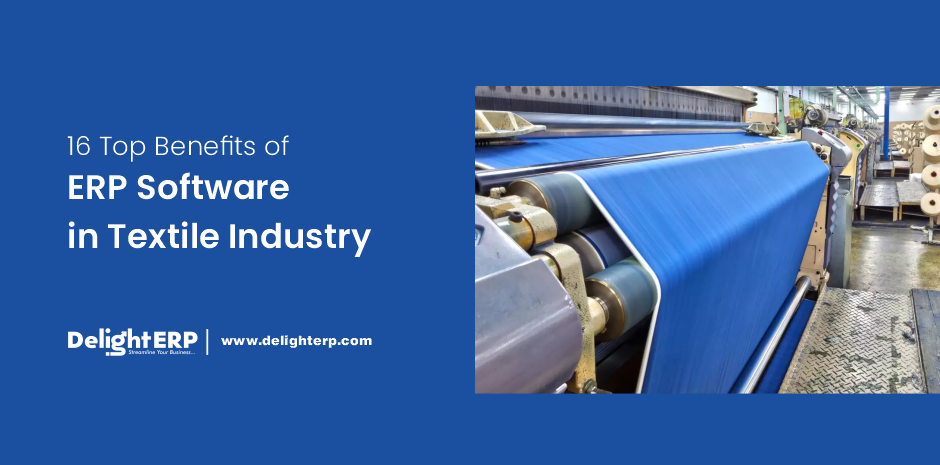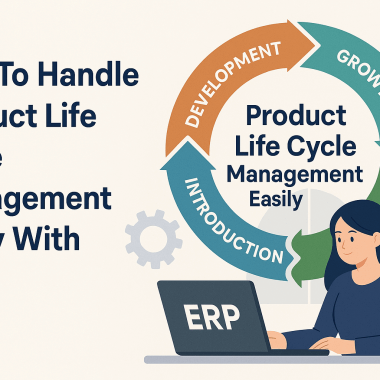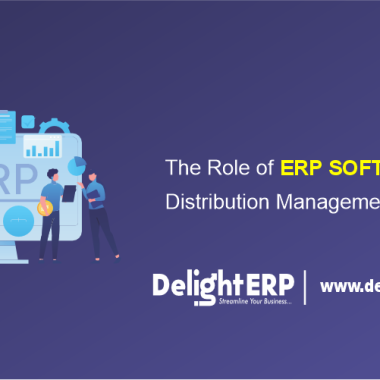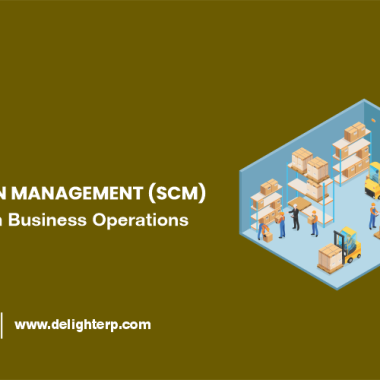Introduction
The textile industry is one of the most complex industries in the world, with a vast number of processes involved in the production of textiles. From raw material sourcing to manufacturing, packaging, and distribution, each step requires meticulous planning and execution. With increasing competition and customer demands, it has become essential for textile manufacturers to streamline their operations and improve their efficiency. This is where Enterprise Resource Planning (ERP) software comes into play.
ERP software is a comprehensive business management solution that integrates all the key functions of a company, from finance and accounting to inventory management and production planning. It provides a unified platform for managing business processes and enables real-time monitoring of operations. In the textile industry, ERP software has revolutionized the way manufacturers operate by providing them with a holistic view of their business.
In this blog post, we will delve deeper into the benefits of ERP software in the textile industry. We will explore how ERP software can help textile manufacturers optimize their operations, reduce costs, and improve their bottom line. We will also discuss the key features of ERP software that are essential for textile manufacturers and provide insights into how to select the right ERP software for your business. So, if you are a textile manufacturer looking to improve your efficiency and profitability, keep reading to learn more about the benefits of ERP software.
So, if you are a textile company looking to enhance your business operations and stay ahead of the competition, keep reading to learn about the top benefits of ERP software in the textile industry.
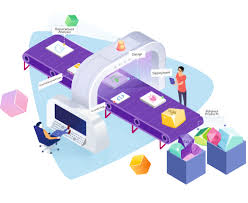
Top Textile Industry Manufacture in India:
- Reliance Industries Limited – https://www.ril.com/
- Arvind Limited – https://www.arvind.com/
- Welspun India Limited – https://www.welspunindia.com/
- Raymond Limited – https://www.raymond.in/
- Aditya Birla Group – https://www.adityabirla.com/
- Bombay Dyeing – https://www.bombaydyeing.com/
- Vardhman Textiles Limited – https://www.vardhman.com/
- Grasim Industries Limited – https://www.grasim.com/
- JCT Limited – http://www.jct.co.in/
- Sutlej Textiles and Industries Limited – https://www.sutlejtextiles.com/
Top Benefits of ERP Software in Textile Industry
- Inventory Management: ERP software can help textile companies manage their inventory more efficiently by tracking inventory levels and alerting companies when supplies are running low. This helps them avoid delays in production and ensures that they always have the necessary materials on hand.
- Real-time Monitoring: ERP systems enable textile manufacturers to monitor the progress of their production in real-time. This allows them to identify and address issues before they become major problems, ensuring the smooth running of the manufacturing process.
- Planning and Scheduling: ERP software helps textile manufacturers plan and schedule their production activities more effectively. This allows them to optimize production and reduce downtime, which in turn reduces costs and increases profitability.
- Financial Management: ERP software provides a comprehensive financial management system that helps textile companies manage their finances effectively. This includes features such as accounts payable, accounts receivable, general ledger, and budgeting.
- Cost Control: ERP software can help textile manufacturers control their costs by providing accurate data on production, inventory, and other aspects of the business. This allows them to identify areas where costs can be reduced and take appropriate action.
- Resource Planning: ERP software helps textile manufacturers plan their resources more effectively. This includes everything from raw materials to labor, allowing them to optimize their production and reduce waste.
- Traceability: With an ERP system in place, textile manufacturers can trace products throughout the production process. This allows them to ensure that products meet quality standards and comply with regulations.
- Quality Control: ERP software can help textile manufacturers maintain high levels of quality by providing real-time data on the production process. This allows them to identify and address quality issues before they become major problems.
- Customer Management: ERP software can help textile manufacturers manage their relationships with customers more effectively. This includes everything from order processing to after-sales support.
- Supply Chain Management: ERP software helps textile manufacturers manage their supply chain more effectively. This includes everything from supplier management to logistics and transportation.
- Compliance Management: ERP software can help textile manufacturers comply with regulations and standards in the industry. This includes everything from environmental regulations to labor laws.
- Data Management: ERP software provides a centralized data management system that allows textile manufacturers to store and access data more effectively. This includes everything from production data to financial data.
- Reporting: ERP software provides powerful reporting tools that allow textile manufacturers to analyze data and make informed decisions. This includes everything from production reports to financial reports.
- Scalability: ERP software is highly scalable, allowing textile manufacturers to add new features and functionality as their business grows. This ensures that the software remains relevant and effective as the business expands.
- Integration: ERP software can be integrated with other software systems, such as warehouse management systems, to create a seamless flow of data across the business.
- Mobility: With the increasing use of mobile devices in the workplace, ERP software can be accessed from anywhere, allowing textile manufacturers to manage their business on the go.
In conclusion, ERP software has become an essential tool for textile manufacturers, providing a range of benefits that improve efficiency, reduce costs, and increase profitability. With the right ERP system in place, textile companies can stay ahead of the competition and continue to thrive in an ever-changing industry. ERP software enables textile manufacturers

